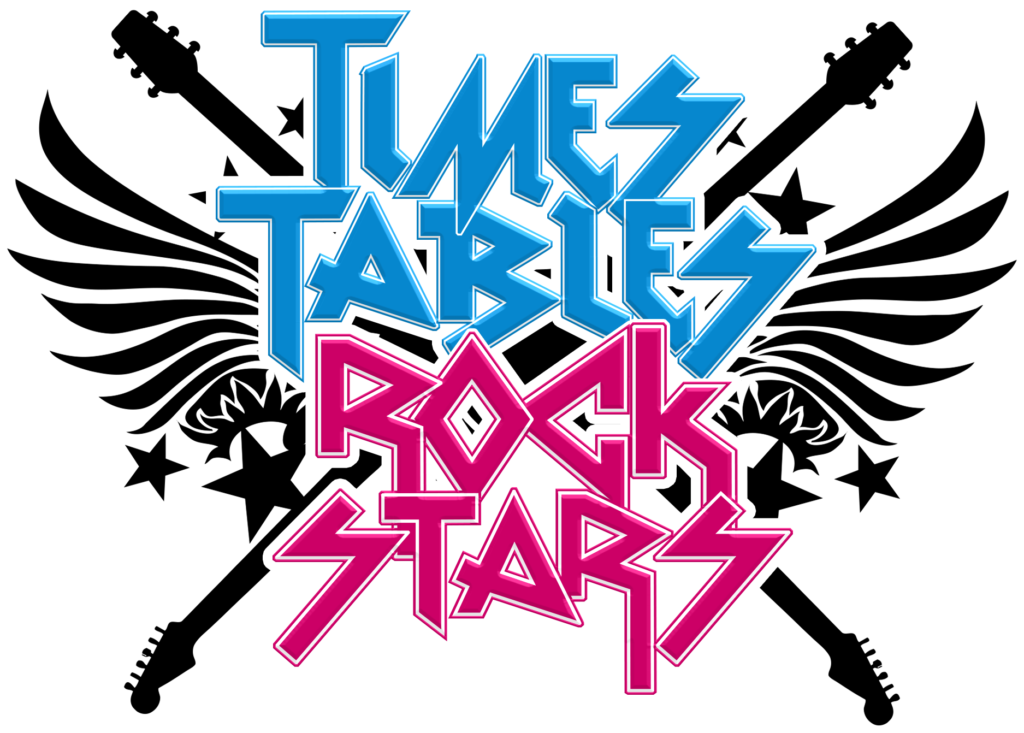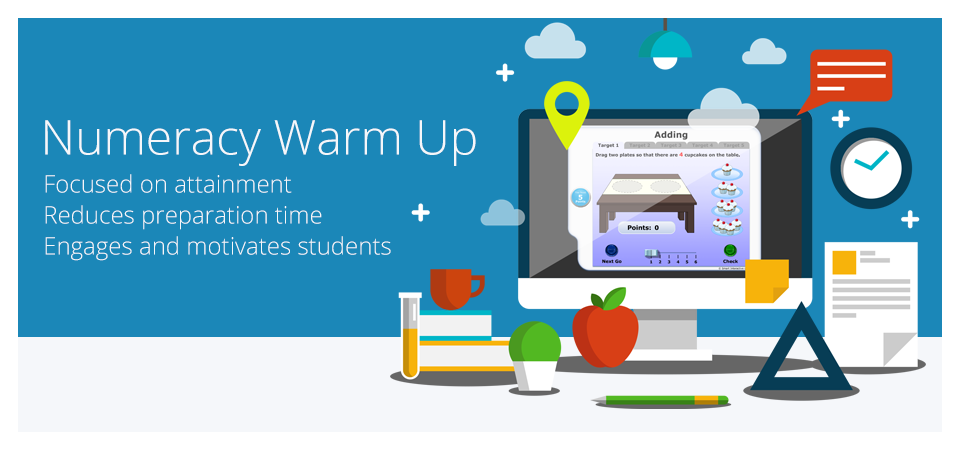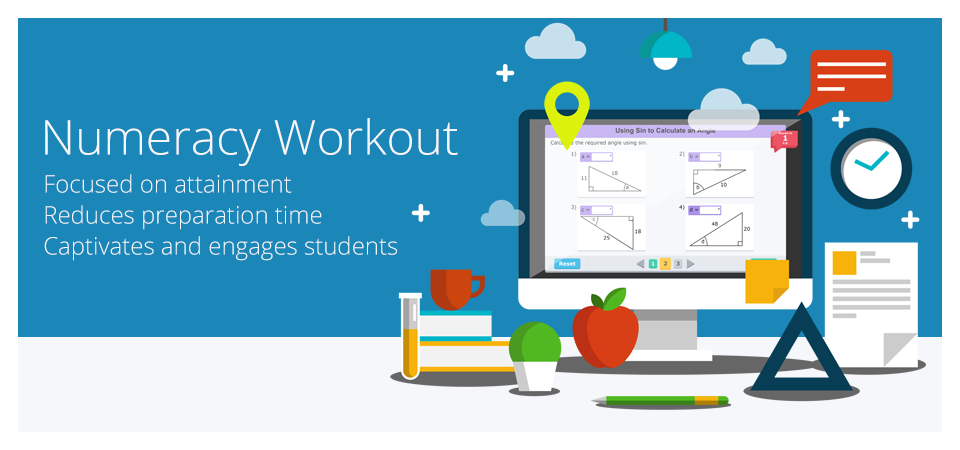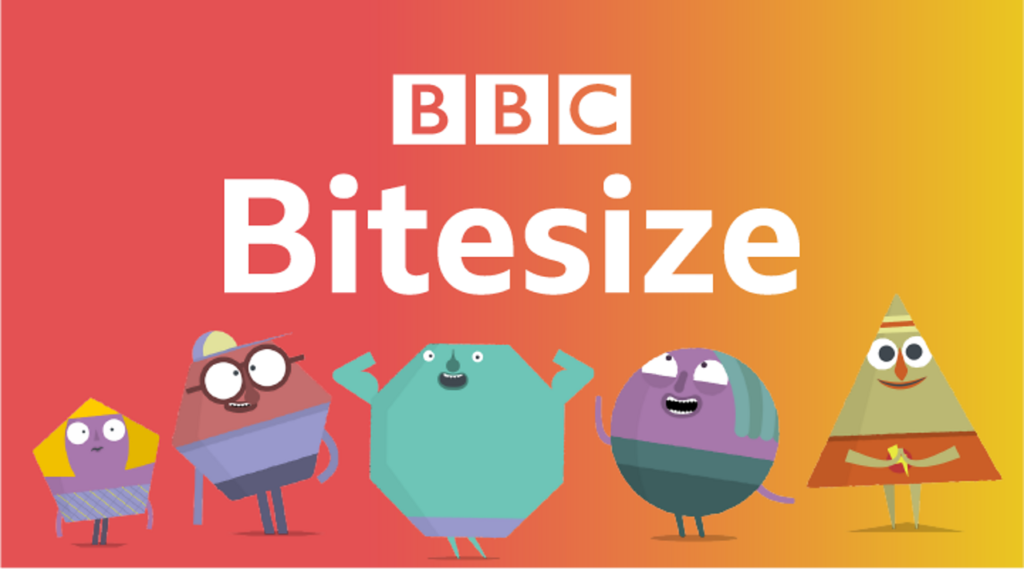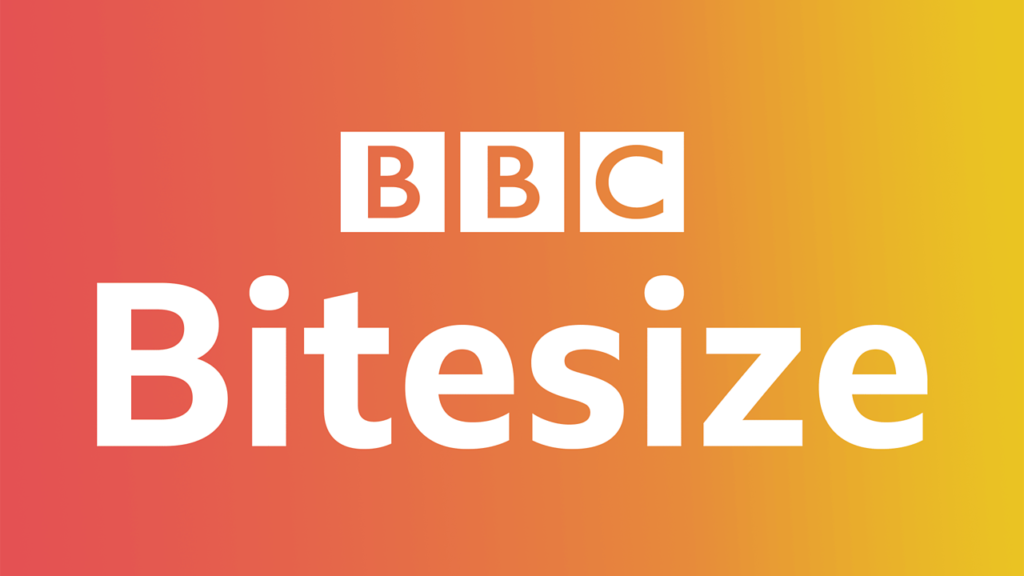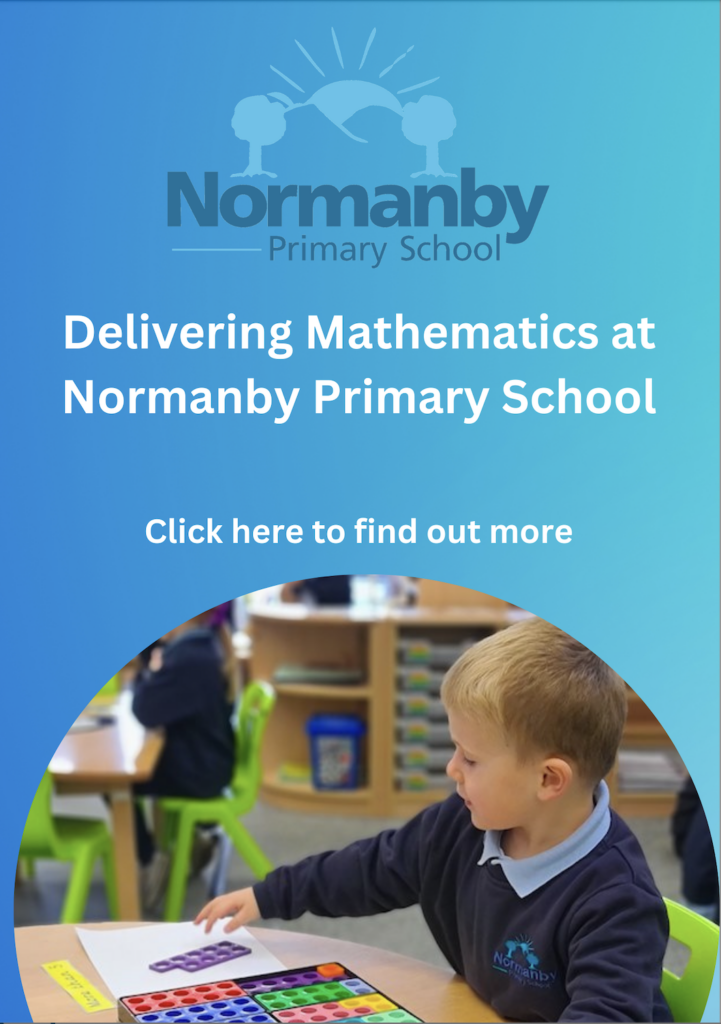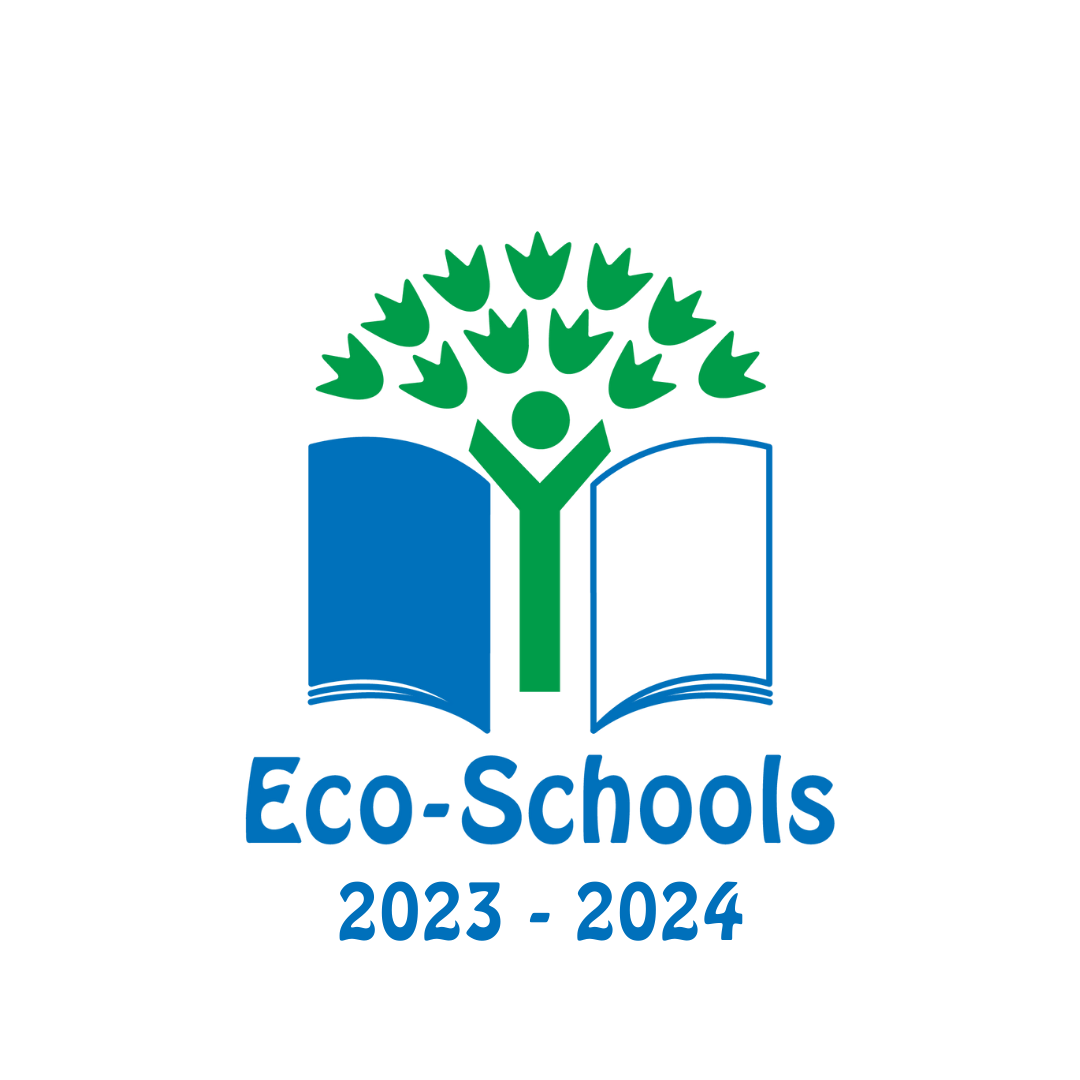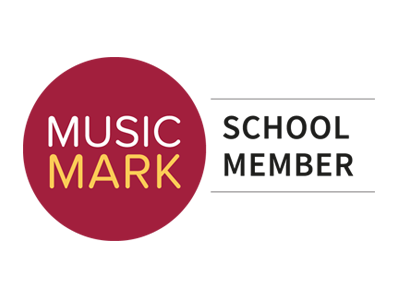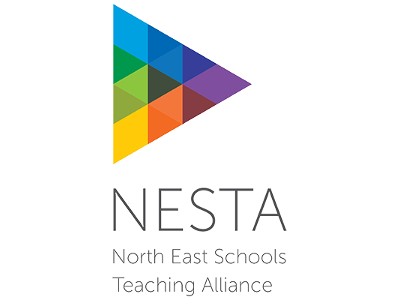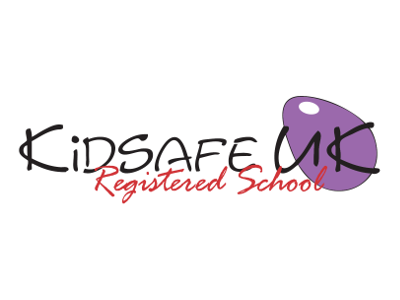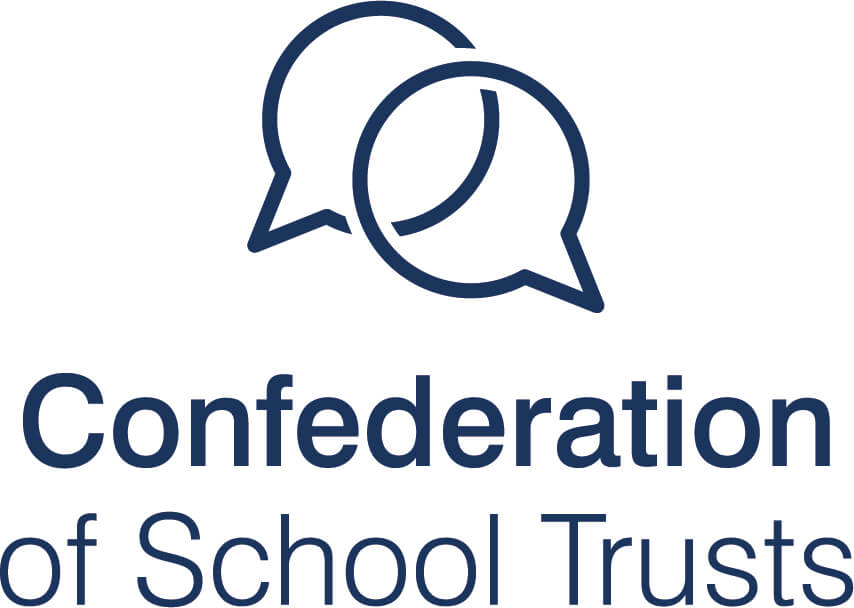Mathematics
The aims of mathematics at Normanby Primary School are to promote enjoyment, enthusiasm for learning and resilience to challenge and taking risks through a high quality mathematics curriculum that includes practical activity, exploration and discussion . We aim to develop independent learners with inquisitive minds who have secure mathematical foundations.
Our curriculum promotes fluency, confidence and competence with numbers and the number system and aims to develop the ability to solve problems through providing opportunities for decision-making and reasoning in a range of contexts, which enable children to make connections in learning.
In the Early Years, teaching focuses on developing a strong grounding in number which is essential so that all children develop the necessary building blocks to excel mathematically. It is important that children develop positive attitudes and interests in mathematics, look for patterns and relationships, spot connections, ‘have a go’, talk to adults and peers about what they notice and not be afraid to make mistakes.
The 2014 National Curriculum for Maths aims to ensure that all children:
- become fluent in the fundamentals of Mathematics through varied and frequent practice.
- reason mathematically by following a line of enquiry.
- solve problems by applying their mathematics to routine and non-routine problems
At Normanby Primary School, we achieve these aims through planning for activities focusing on developing fluency and using and applying a deepening understanding through reasoning activities linked to objectives within the Programmes of Study. We utilise the White Rose Maths Hub resources to support this.
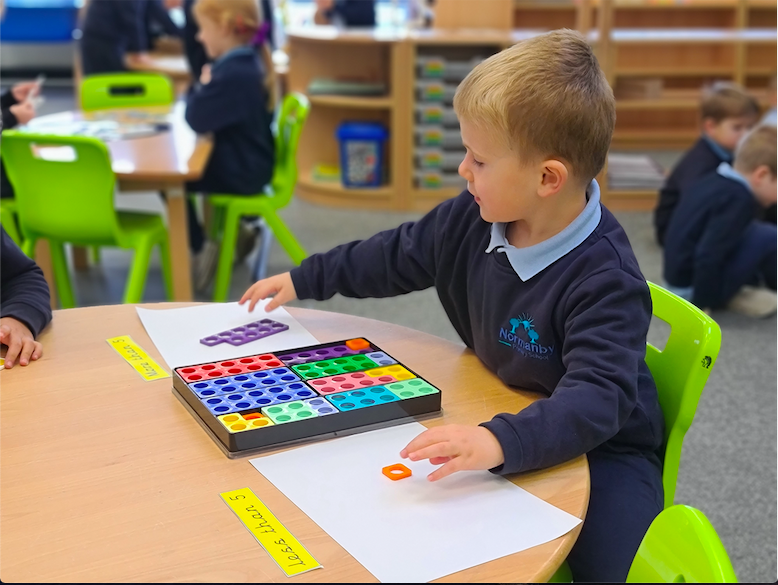
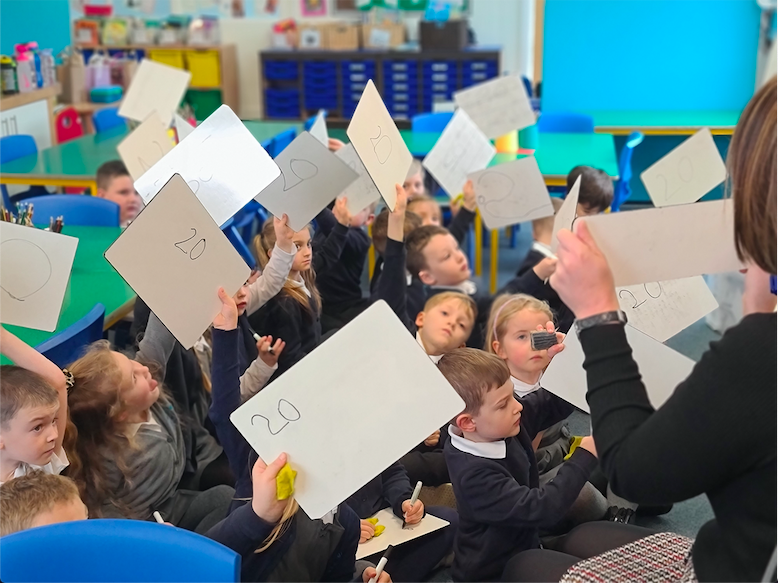
Teaching of Maths
Daily mathematics sessions include opportunities to review knowledge previously taught; develop and rehearse written calculations and introduce new concepts. We develop knowledge and understanding through a mixture of fluency tasks and reasoning or problem solving work. Teachers provide time for ‘Number Talk’ and children are encouraged to explain the range of methods that could be used and their reasoning.
The Written Calculations Policy clearly sets out the steps needed to ensure understanding of procedures prior to moving on to formal written methods. The policy ensures consistency in the teaching of written calculations.
Maths is also incorporated from Y1-6 into Morning Challenge work where children are given opportunities to rehearse concepts previously taught to embed and apply learning.
Click on the buttons below to view the objectives within your child’s year group programme of study and long term plans:
Maths – Everyone Can!
In all classes, there are children of differing mathematical ability and attainment. We recognise this and provide suitable learning opportunities for all children by matching the challenge of the task to the ability of the child.
We achieve this through a range of strategies – in some lessons through differentiated group work, and in others by organising the children to work in pairs on open-ended problems.
Many lessons offer children the opportunity to select the level of challenge they access and adapt this over the course of the lesson.
We use teaching assistants to support teaching and learning and this sometimes involves children working in small focus groups.
Children who grasp concepts quickly are challenged through offering activities that extend and broaden understanding, rather than moving on to new content, such as investigations and more sophisticated problems requiring application and reasoning.
Ensuring good progress
Teaching staff make regular formative assessments during Maths sessions, through asking questions, monitoring responses and assessing work produced. The progress of all children is monitored closely and all children are provided with interventions to accelerate their progress if required.
Specific outcomes in pupils’ ability to calculate using methods as stated in the year group programmes of study are assessed termly and written assessments in Arithmetic and Reasoning are also undertaken termly in Y1-6.
Statutory assessments are undertaken at the end of EYFS, Year 2 and Year 6. In Year 4, children complete the Multiplication Tables Check.
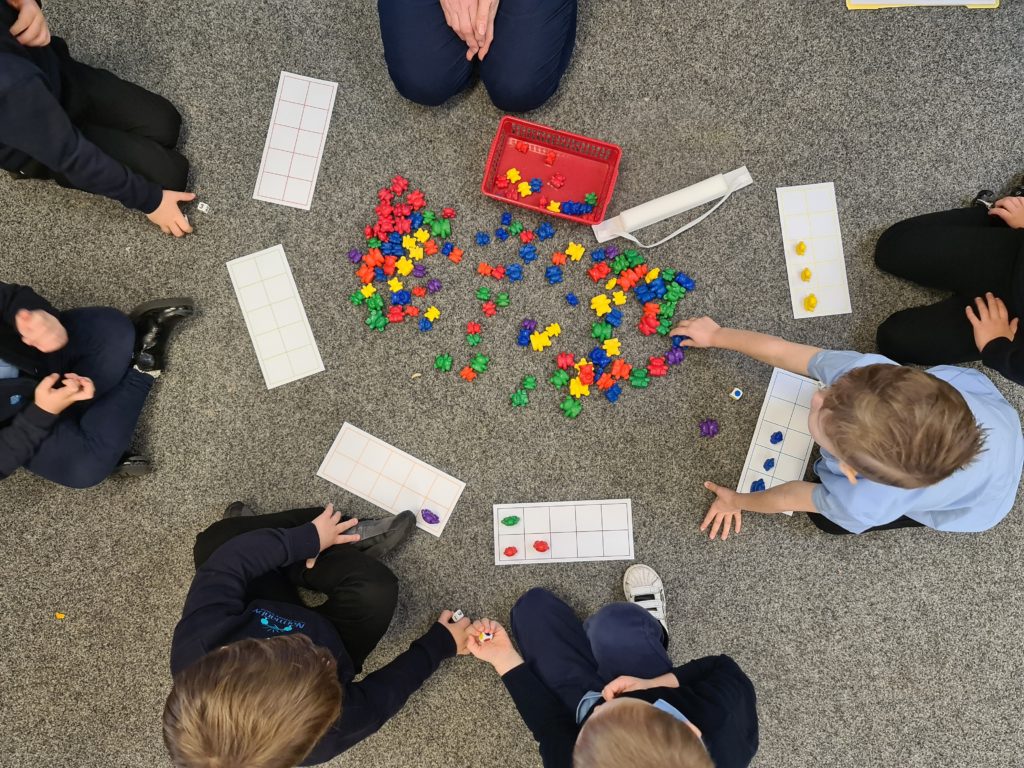


Supporting your child at home
You can find information on what your child is learning through the links on this webpage. Year group welcome meetings at the start of each year highlight key objectives and how you can support your children in their learning.
Please click on the links below to access some of the resources that we use in school and others that may help you support your child at home. You can get login details, if required, from your child’s class teacher:



